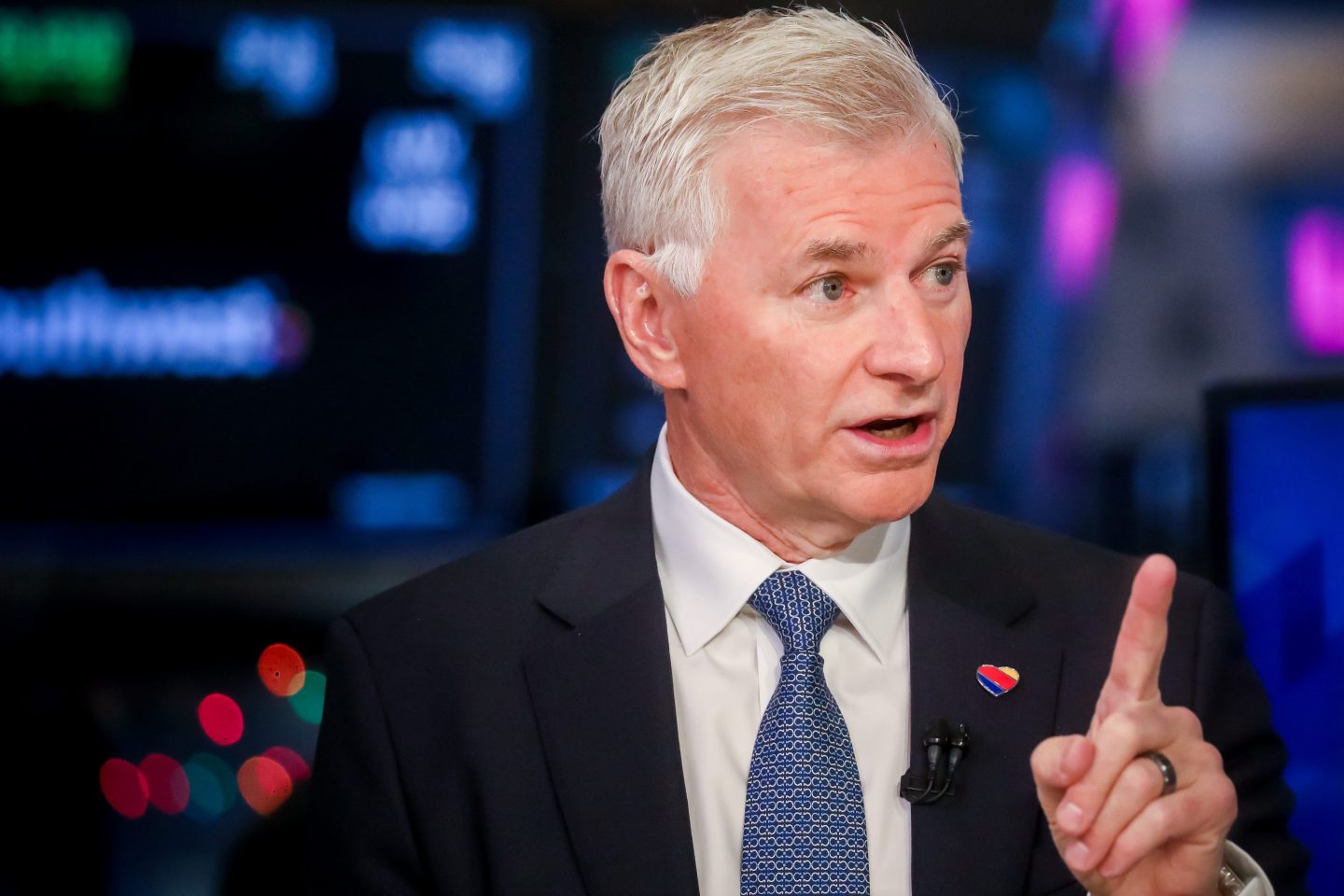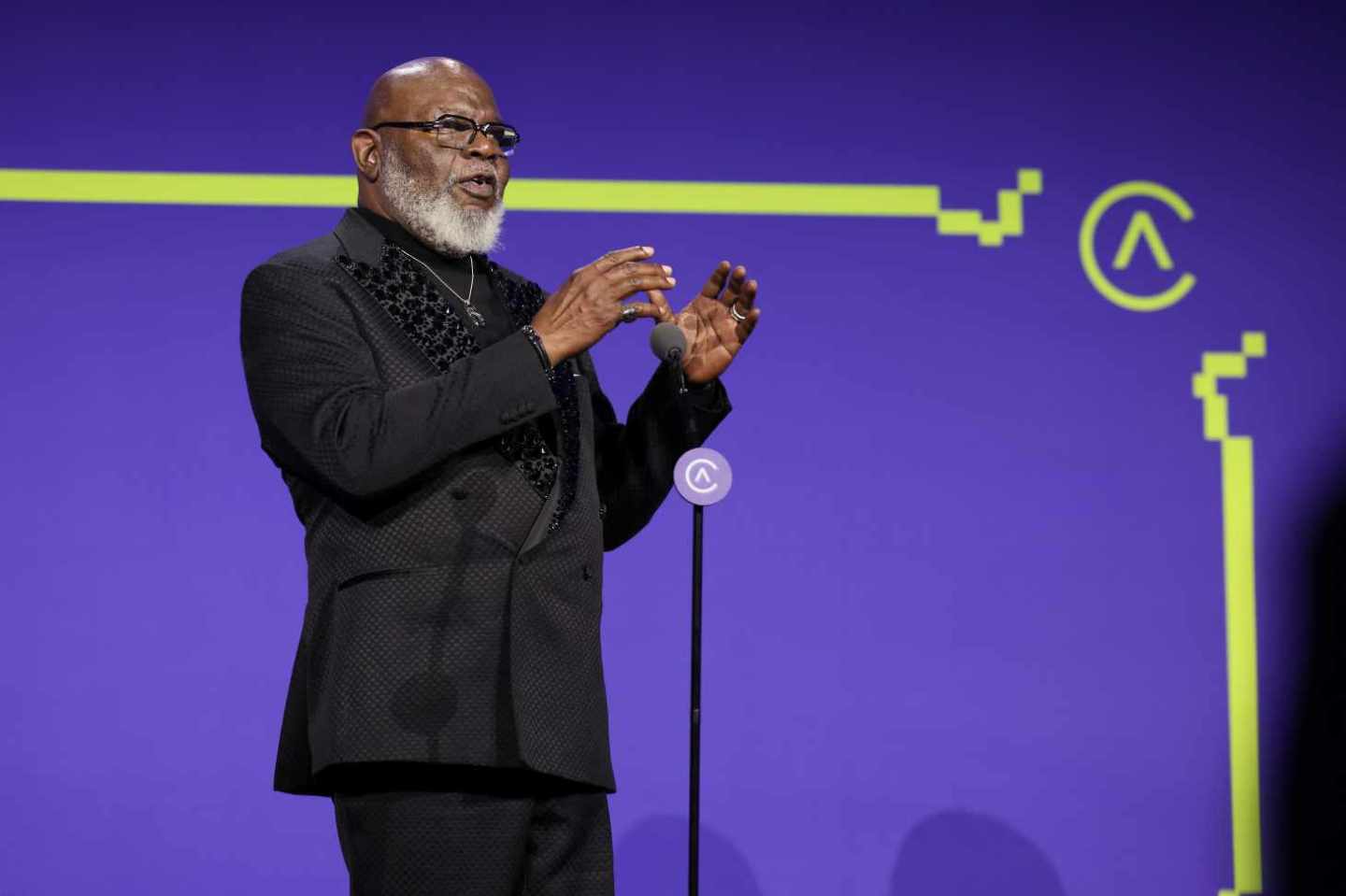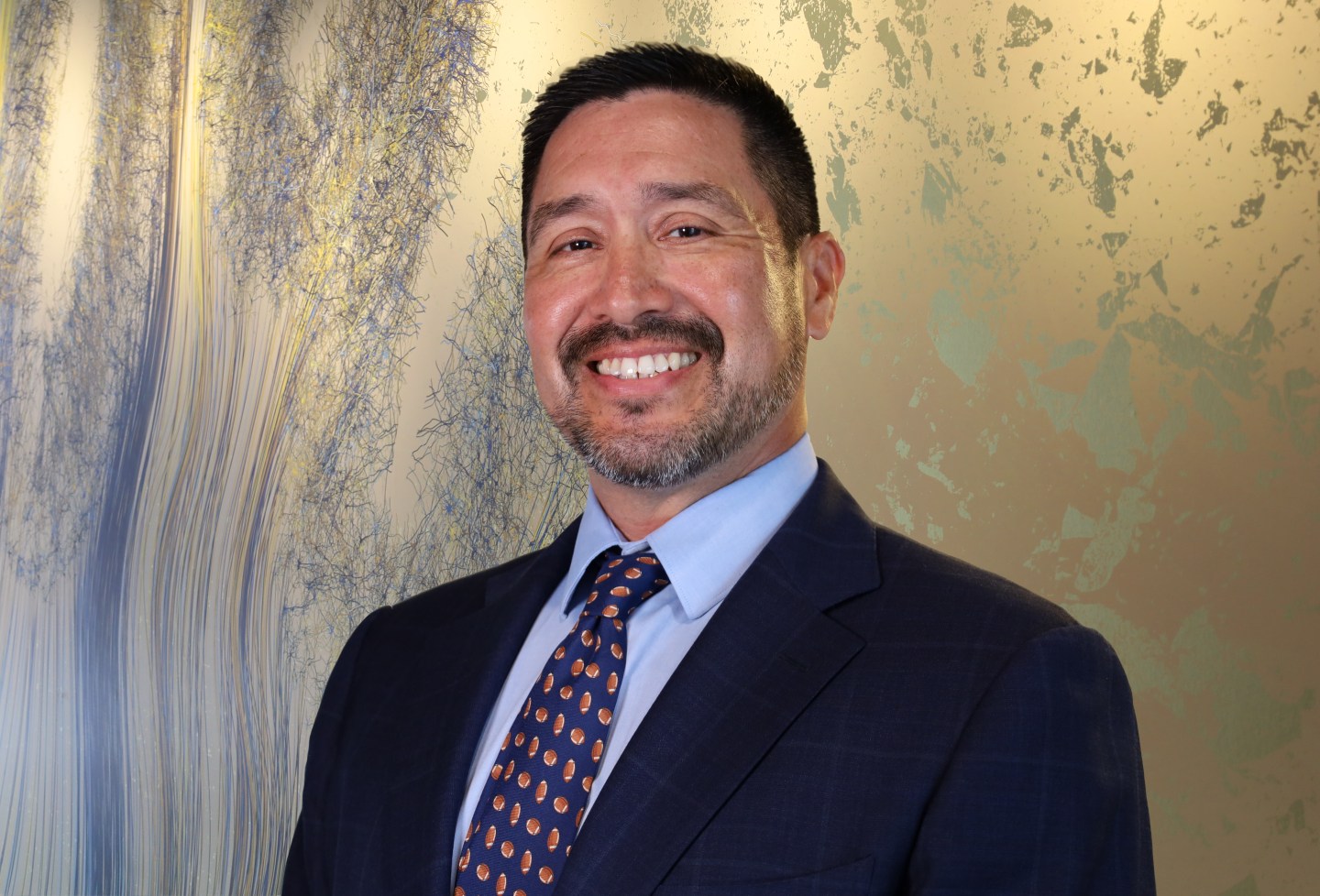Want to grow your company? Need more innovation?
Who doesn’t? But chances are you won’t achieve any of those hallmarks of success without first figuring out how to put failure – the “other f word” – to work on your behalf. Why?
Because failure is the byproduct of the risks inherent in innovation, and it’s the proving ground for the trust that leads to a truly engaged workplace. Besides, failure is the one resource your company creates every day, in more ways than you are aware of. You’ve already paid for every one of those failures big and small. You might as well get the benefit of what failure is trying to tell you. After all, it’s reality’s way of showing you what you don’t yet know, but need to, if you want to succeed.
Think about it. Most new products fail. Most mergers and acquisitions fail. Most big IT projects fail, as do most sales calls, ad campaigns and – according to a recent survey of 5,000 hiring managers – most new hires. Failure’s like gravity, a pervasive, perhaps even inevitable, force and fact of life. But – like gravity – once understood and respected, it can be put to work on your behalf.
Unfortunately, your biggest competitor here may be yourself. After all, what’s keeping your employees from feeling more connected and committed to your leadership agenda? They’re not incompetent, stupid or lazy; and they probably have more creativity and ingenuity than you’ve tapped so far. Your competitors aren’t keeping them from devoting more of their energy and talents to their jobs.
Often, it’s a company’s own culture and leadership style that perpetuate this “static quo.” Almost three out of four American workers are basically not engaged with their everyday jobs, according to Gallup research. They’re not likely to go out of their way to go above and beyond in their job.
And as hard as this may be to believe, America may still have the competitive edge (or at least less of a competitive disadvantage). Worldwide, employee engagement measures are even worse, with only 13% of employees globally feeling engaged at work.
The practical implications of employee disengagement are profound. Surely your people and outside advisors have some new product, strategy, business model or process ideas worth exploring. What’s keeping your firm from innovating more effectively?
The answer clearly reflects a fundamental lack of imagination and inspiration in most workplaces. But beyond how jobs are designed in the first place and how work is recognized and rewarded, it has much to do with how risk and failure are treated in your workplace.
Here, your “other f word” challenge is not necessarily failure itself, but something as pervasive as it is pernicious: fear of failure. You have to address both your people’s fear of failure and their memory of past failures. Together, they stifle the creative spirit and muffle the courage to try new things.
Fear and memory are force multipliers of failure. They distort both its likelihood and consequences, and thus reinforce your culture’s reluctance to experiment, explore and innovate – all of which entails risk and failure on the path to discovery.
The trick is balancing a performance culture of accountability for results in today’s business with one that accommodates fallibility for honest mistakes and setbacks exploring new ideas for tomorrow’s. “Version 0.5 beats 1.0” is how Mark Hoplamazian, CEO of Hyatt, puts it – to encourage his associates to get started sooner experimenting and testing their ideas to improve service and performance.
Failure doesn’t have to be celebrated. Nor should it be tolerated if it’s the result of negligence, incompetence or bad faith. But failure in your organization shouldn’t be treated only as a regrettable reality. It has the potential to be a strategic resource – one that can help you make better decisions, create a more trusting and higher-performing culture and accelerate your company’s growth and innovation.
John Danner is co-author of The Other ‘F’ Word: How Smart Leaders, Teams, and Entrepreneurs Put Failure To Work. He is also a senior fellow at the Institute for Business Innovation at the Haas School of Business at University of California Berkeley.












